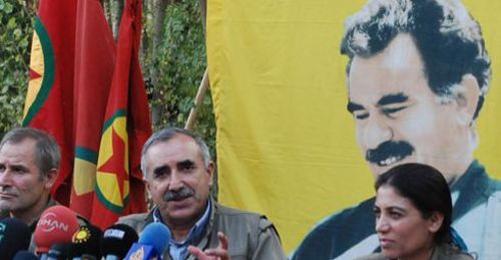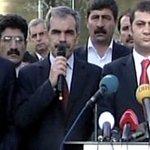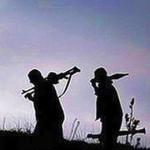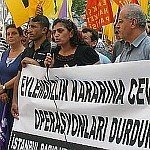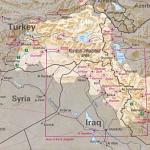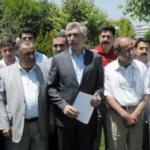The Steering Council of the Union of Kurdistan Communities (KCK) as the umbrella organization that includes the armed outlawed Kurdistan Workers' Party (PKK), announced the end of their so-called "no-action period" on 28 February. The KCK ended the ceasefire announced on 13 August 2010 declaring that "it became invalid because of the denial and destruction policies of the AKP government", the political leadership of the Justice and Development Party.
The KCK declared that they were "not going to carry out attacks" but would "defend themselves more effectively".
According to the Fırat News Agency, the KCK emphasized in a written statement that the government failed to take the requested steps for a permanent ceasefire.
The KCK reiterated the following five demands:
* All operations regarding the military and political arenas should be stopped.
* Detained Kurdish politicians should be released.
* Imprisoned PKK leader Abdullah Öcalan should be enabled to actively participate in the process and should be involved as a negotiator.
* A Constitutional Commission and a Facts Research Commission should be established to advance the process.
* The election threshold of 10 percent should be lifted.
"AKP responsible for end of ceasefire"
Hakan Tahmaz, member of the Turkish Peace Parliament, sees the AKP policies as the main reason for the end of the "no-action" period. In an interview with bianet he said this result became inevitable since the government failed to take concrete steps to a solution of the Kurdish question.
Tahmaz reminded the fact that many sections of society called for an extension of the PKK ceasefire but that the process was currently jammed.
"The ruling Justice and Development Party did not take any steps related to this issue. First they used the local elections [March 2009] as an excuse, later on the referendum [September 2010] and the general elections [June 2011]. Afterwards, there will be other elections ahead", Tahmaz indicated.
"Not a single signal was shown until now related to an end of the operations or the consideration of the demands. The KCK trial showed that there is not the slightest moderation regarding political operations either. The government carries on with political operations by judicial means".
"There are clear indications for increasing the public tension. First of all, the AKP is responsible for letting the process reach this point", Tahmaz claimed.
Ensarioğlu: Free elections impossible in an environment of fear
Galip Ensarıoğlu, Head of the Diyarbakır Chamber of Commerce and Industry (DTSO), thinks that the end of the ceasefire is going to deepen the distrust against the AKP prior to the general elections and that the polarization between the AKP and the pro-Kurdish Peace and Democracy Party (BDP) will increase at the same time.
"With the end of the ceasefire, the opinion will gain ground that the government was not able to administrate the region well and that they were not successful. Local investments and the economy of the region will be negatively affected as well. People will not go to the polls according to their own free will if an atmosphere of violence and fear prevails". Ensarıoğlu demurred.
"The government wasted a historic opportunity for the Kurds and for Turkey", he told bianet.
He criticized that a number of positive developments were being ignored. "The conditions to continue the struggle of the Kurds on a democratic, political basis are still there despite all problems. Not even the death of one single person is acceptable for a struggle that can be carried out on democratic grounds". (EÜ/AS/BB/VK)




